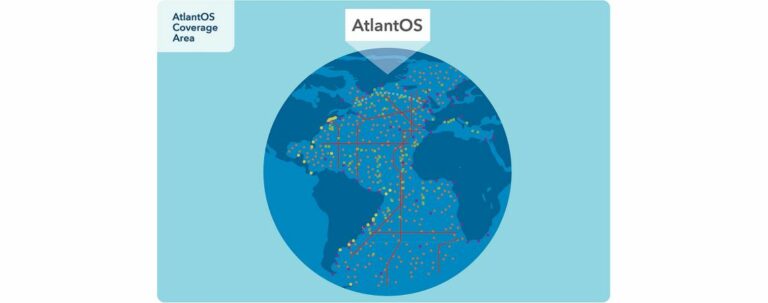A recent review article published by Frontiers in Marine Science journal presents a vision for basin-scale ocean observing: a comprehensive All-Atlantic Ocean Observing Systems that benefits all of us living, working and relying on the ocean.
Until now, basin-scale ocean observation has been conducted through loosely-aligned arrangements of national and international efforts. The All-Atlantic Ocean Observing System (AtlantOS) is an integrated concept for a forward-looking framework and basin-scale partnership to establish a comprehensive ocean observing system for the Atlantic Ocean as a whole. The system will be sustainable, multi-disciplinary, multi-thematic, efficient, and fit-for-purpose.
Platforms, networks, and systems do already exist that operate at various maturity levels. AtlantOS will go beyond the status quo by bringing together the observing communities and countries of the Atlantic basin, providing the opportunity to join and support the system. AtlantOS will build upon the coordinated work of the Global Ocean Observing System (GOOS) and the Group on Earth Observations (GEO), two international bodies that support and coordinate global ocean observing. AtlantOS will complement those efforts and offers a new approach to organizing ocean observing at the basin-scale. AtlantOS will focus not only on the physics but also the biology, ecology and biogeochemistry of the ocean and seafloor and will enhance new partnerships among governments, science, civil society and the private sector.
Both Pedro Monteiro from CSIR (South Africa) and Isabel Sousa Pinto from CIIMAR (Portugal) – two countries deeply involved in the All Atlantic Ocean Research Alliance – were involved in the preparation of the article.
To access the article please click here.

